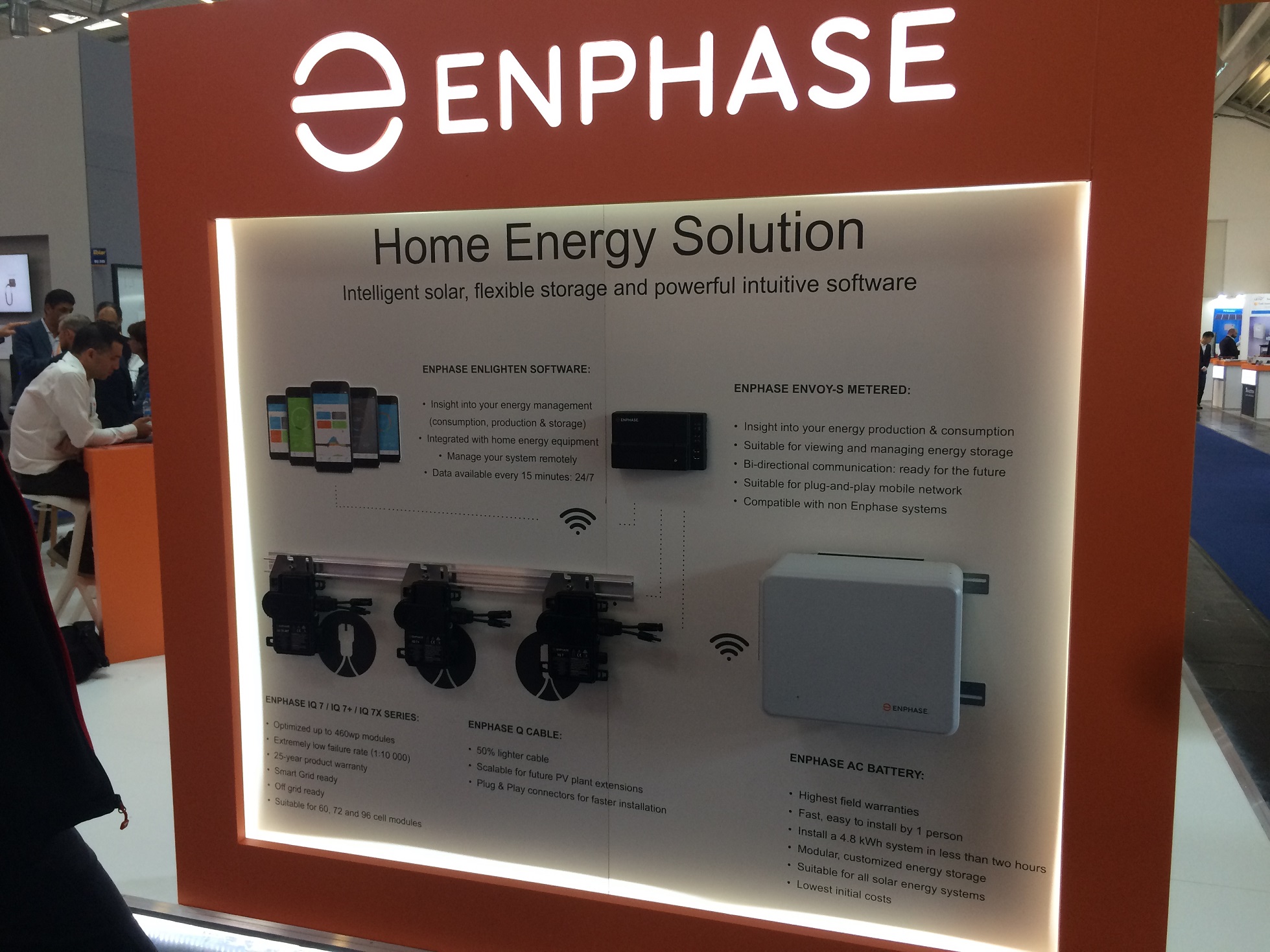
Energy storage has moved out of an early, marketing and awareness phase, and real business is being done throughout Europe, Energy-Storage.news heard yesterday at the annual ees Europe show Munich, Germany.
That was the assessment of energy storage market analyst Julian Jansen of IHS Markit. Jansen met with Energy-Storage.news at the show this week, which is co-located with Intersolar Europe and associated smart energy conferences and exhibitions. The economic case behind energy storage is growing stronger across multiple market segments, with large shows such as this an indicator of that growth.
Enjoy 12 months of exclusive analysis
- Regular insight and analysis of the industry’s biggest developments
- In-depth interviews with the industry’s leading figures
- Annual digital subscription to the PV Tech Power journal
- Discounts on Solar Media’s portfolio of events, in-person and virtual
Or continue reading this article for free
“The storage part of the show is really growing. The booths are bigger, there are more companies here, doing more business,” Jansen said.
“We’re really moving away from a marketing phase. It’s an indication of a maturing industry. People are here to do real business, to close deals. They’re not just here to show off their brands.”
The expansion of the show tallies with the expansion that has been enjoyed across the various scales and segments of energy storage in the continent, Jansen observed. While in previous years there was a hefty residential focus, more and more large-scale integrators and battery manufacturers were in attendance this year.
“There’s a number of Chinese manufacturers exhibiting for the first time. Based on all of that and also on conversations we’ve been having, it’s really at a much more elevated level than in previous years,” Jansen said.
Looking broadly across the global picture, there is still a lot of excitement about residential opportunities particularly, although Europe is by no means the leader in terms of that interest yet, the US and Australia, according to the analyst. That said, Europe’s more advanced markets are maturing. This could be said of Germany, Italy and potentially the UK, while there are a few interesting smaller markets coming up in territories including the Czech Republic and Austria, in Jansen’s view.
Within Europe, the situation for large-scale, front-of-meter is stagnating a little – although opportunities do remain – people are “quite excited by opportunities on the commercial and industrial (C&I) side especially in markets like Germany”, in areas extending all the way out to EV infrastructure.
For C&I customers, changing to modern, clean energy solutions including battery storage and solar is, increasingly a bottom line business decision. Decarbonisation can make financial sense, in other words.
“Generally, we see businesses lower their energy costs [with this type of solution]. It depends on the market of course but in general it’s very much focussed on cost reduction, power quality and security of supply”.
Note: The headline of this article has been amended to convey meaning more accurately.
